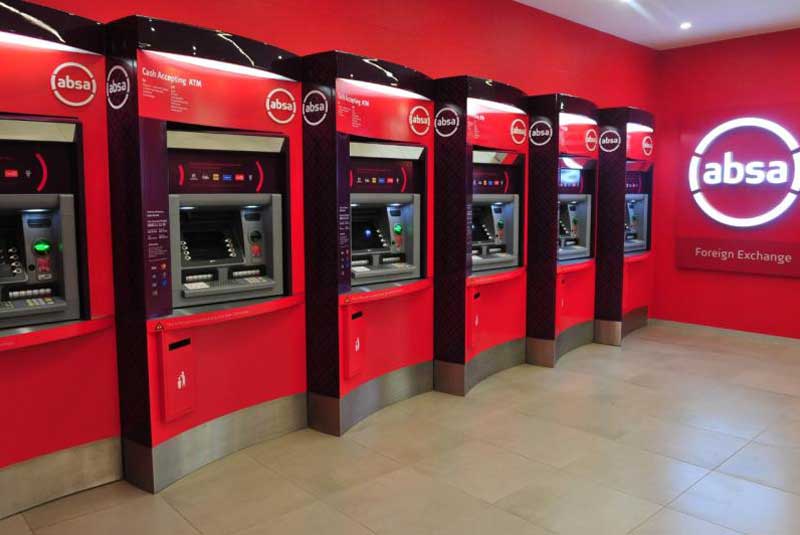×
The Standard e-Paper
Stay Informed, Even Offline

French bank Societe Generale and South Africa’s Absa joined forces in Africa last week, partnering on corporate and investment banking to broaden their reach across the continent.